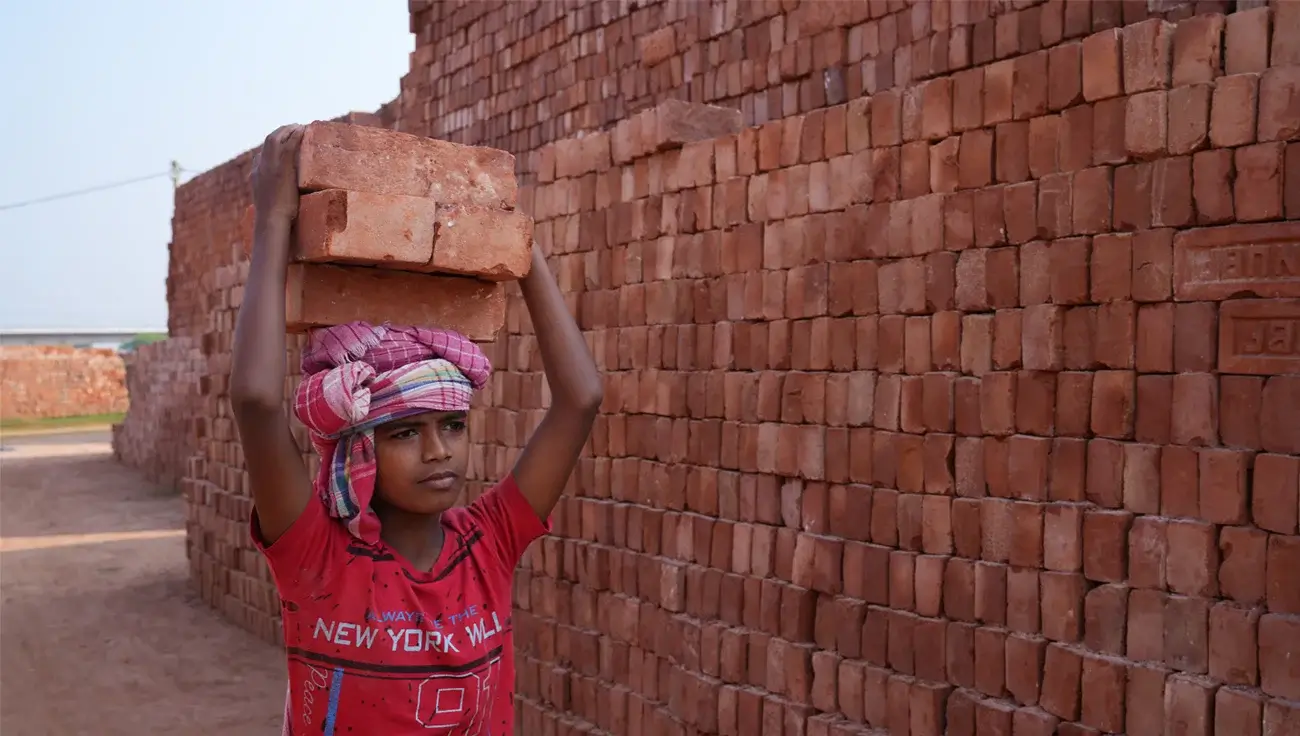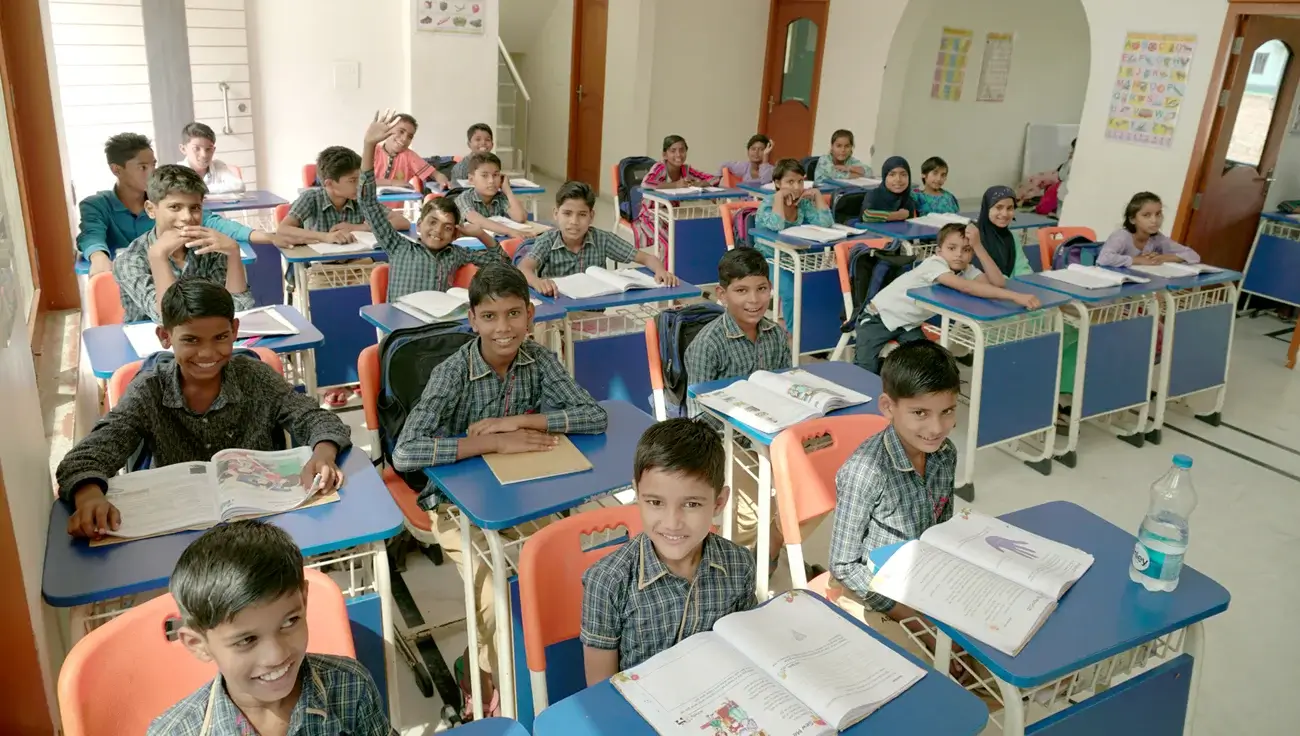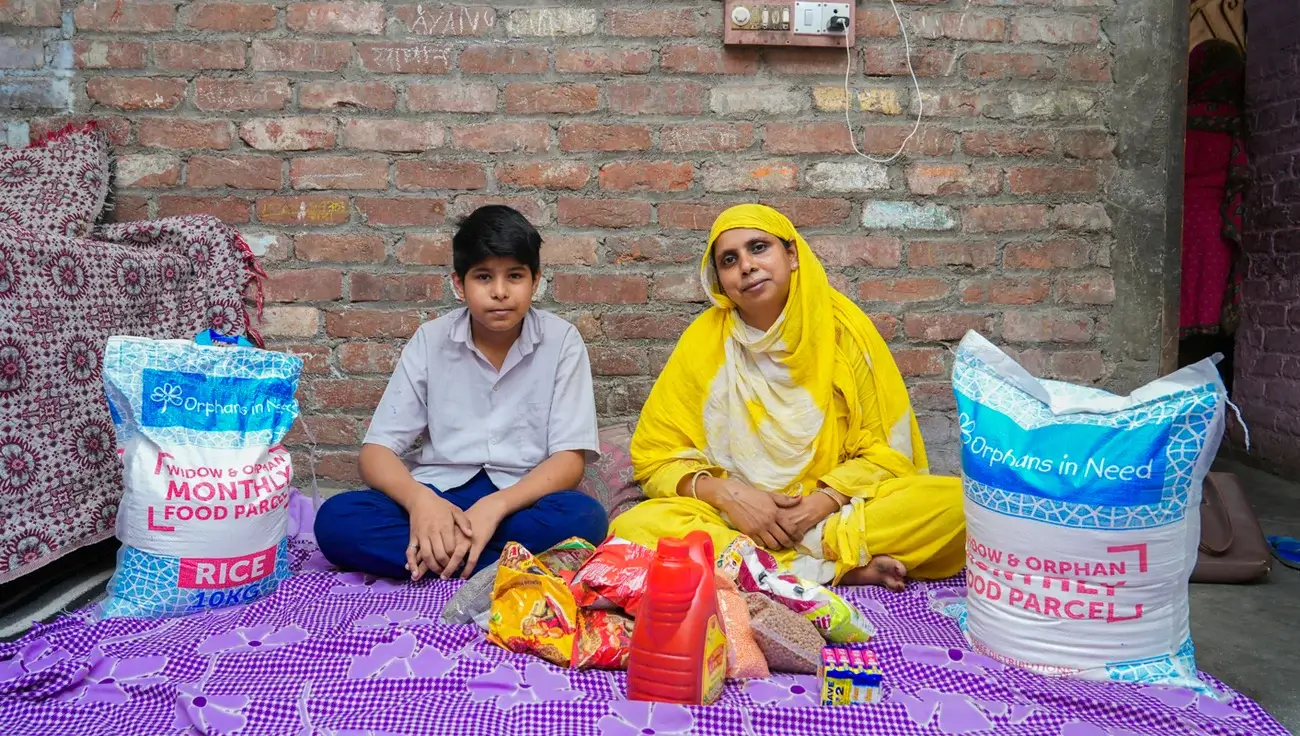Donation Line: 011-41677770
The care of orphans and vulnerable children is an intricate process that benefits greatly from the incorporation of traditions and active community engagement. Beyond the basic needs of shelter, food, and education, cultural and communal interactions play a crucial role in fostering a well-rounded development in orphans. This blog explores how integrating traditions and promoting community engagement can significantly enrich orphan care, supported by scientific insights into child development.
The Role of Traditions in Child Development
Traditions serve as a bridge to cultural heritage and collective memory, offering children a sense of identity and belonging. For orphans, who may feel isolated or disconnected from their origins, participating in traditional practices can be especially grounding. Research in developmental psychology shows that a strong sense of cultural identity is linked to positive self-esteem and emotional well-being. Traditional music, dance, storytelling, and rituals provide not only a connection to a shared past but also promote cognitive skills such as memory, pattern recognition, and linguistic development.
Enhancing Emotional Security Through Tradition
Traditions often create predictable routines that offer comfort and security to children, who may have experienced instability and trauma. The repetitive nature of cultural rituals can be therapeutic for orphans, providing a reliable structure that helps mitigate feelings of anxiety and uncertainty. Studies suggest that participation in cultural ceremonies can enhance emotional resilience by fostering a sense of normalcy and continuity in children’s lives.
Community Engagement as a Support Network
Community engagement in orphan care introduces a network of support that extends beyond the caregivers directly responsible for the children. It involves local groups, schools, and other families participating in the care and upbringing of orphans. This inclusive approach not only diversifies the social interactions of orphans but also integrates them into a wider social fabric. According to sociocultural theories, learning and development are significantly influenced by the interactions within one’s social environment. Active community involvement provides children with diverse role models and learning opportunities, promoting social skills and emotional intelligence.
Educational and Social Development Through Community Activities
Engaging with the community through shared projects, such as community gardening, local theatre productions, or sports teams, helps children acquire practical skills, from teamwork and leadership to problem-solving and communication. Educational outcomes are also positively impacted when communities invest in their local schools and educational programs, providing enriched learning environments that cater to the diverse needs of all children, including orphans.
Long-term Benefits of Community-Integration Orphan Care
The long-term benefits of integrating orphans into their communities through traditions and engagement are profound. Children who feel supported by a broader community network are more likely to develop healthy independence as they grow into adulthood. The stability and connectedness provided by this approach reduce the risks of social isolation and mental health issues. Moreover, community-driven care promotes societal attitudes of inclusion and responsibility for all children, which can lead to policy changes and enhanced support systems at larger scales.
Conclusion
Traditions and community engagement play essential roles in the holistic care of orphans by providing emotional support, cultural continuity, and a broad network of social interactions. These elements are crucial for the psychological health and social integration of children in orphanages. By fostering environments where traditions thrive and community involvement is encouraged, we not only support the individual development of orphans but also build stronger, more compassionate communities. Adopting a scientific approach to integrating these elements into orphan care can help maximize their benefits, ensuring that all children have the opportunity to grow in a supportive and enriching environment.



